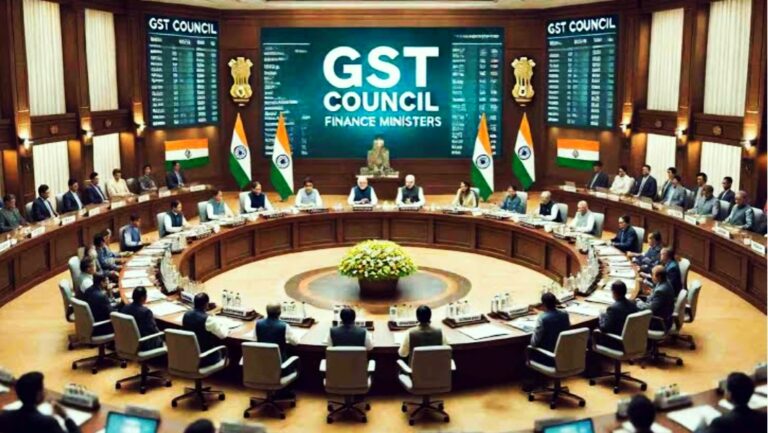If the GST Council decides to amend the CGST Act, it could have far-reaching implications for businesses.
The GST Council is gearing up for a crucial meeting on Saturday, December 21, 2024. Among the key items on the agenda is a potential move to recommend amendments that could override the Supreme Court’s recent ruling in the landmark Safari Retreats Private Limited case. Reliable sources indicate that the Council’s discussions may lead to significant changes in the GST framework.
Background: The Safari Retreats Case
The Supreme Court’s judgment on the Safari Retreats Private Limited case, delivered on October 3, 2024, has sparked extensive debate across industries, particularly among real estate developers and infrastructure stakeholders. This pivotal case examined the eligibility of Input Tax Credit (ITC) for immovable properties under Section 17(5)(d) of the Central Goods and Services Tax (CGST) Act.
Before this ruling, developers were barred from claiming ITC on GST paid for goods and services used in constructing immovable property intended for self-use, even when such properties were utilized in business operations. This restriction, as outlined in Section 17(5)(d), had placed a considerable financial burden on businesses, especially in the real estate sector.
The Supreme Court’s Landmark Decision
The case centered on Safari Retreats Private Limited, which sought to claim ITC for the construction of shopping malls intended for lease. In 2019, the Odisha High Court ruled in favor of the petitioner, asserting that denying ITC on rental properties conflicted with GST’s core objective of eliminating cascading taxes. However, the Revenue Authorities escalated the matter to the Supreme Court.
The apex court upheld the constitutional validity of Sections 17(5)(c) and 17(5)(d), acknowledging their legislative intent. However, it adopted a progressive stance by broadening the interpretation of “plant or machinery” within Section 17(5)(d). Using a “functionality test,” the Court ruled that structures like shopping malls could qualify as “plant” if their functionality aligns with the core objectives of the business. While this nuanced decision offered relief to developers, it introduced interpretative challenges for other sectors, including ports, airports, and warehouses.
What Lies Ahead? GST Council’s Possible Interventions
The GST Council’s upcoming meeting is poised to address the complexities and ambiguities arising from the Supreme Court’s judgment. Speculations suggest that the Council may propose amendments to the GST Act, aiming to bring clarity and consistency to ITC eligibility rules.
Key issues expected to be discussed include:
- ITC on Leased Properties: Clarifying whether works contract services used in leased properties are eligible for ITC.
- Uniform Tax Treatment: Establishing consistent tax practices across sectors such as real estate, infrastructure, ports, and airports.
- Legislative Amendments: Revisiting Sections 17(5)(c) and 17(5)(d) to align them with industry needs and GST’s overarching objectives.
Implications for Stakeholders
If the GST Council decides to amend the CGST Act, it could have far-reaching implications for businesses. A clear and uniform policy on ITC eligibility would reduce litigation risks and financial uncertainties for developers and other industries reliant on immovable properties. However, any move to reverse or dilute the Supreme Court’s interpretation may face resistance from stakeholders who view the ruling as a progressive step toward tax neutrality.
Conclusion
As the GST Council convenes to deliberate on these critical issues, all eyes will be on the outcome of Saturday’s meeting. Whether the Council opts for legislative amendments or provides clarificatory guidelines, the decision will undoubtedly shape the future of ITC claims and tax compliance for businesses across sectors.
Stay tuned for updates on this developing story as the GST Council’s decisions unfold.
Also Read: Updates on E-Way Bill and E-Invoice Systems: Advisory 561
READ MORE
Jharkhand HC Allows GST ITC on Late GSTR-3B Filing, Orders Refund of Penalty and Interest
CAG Report Highlights ₹755.49 Crore Revenue Loss in GST Compliance by Commercial Tax Department
